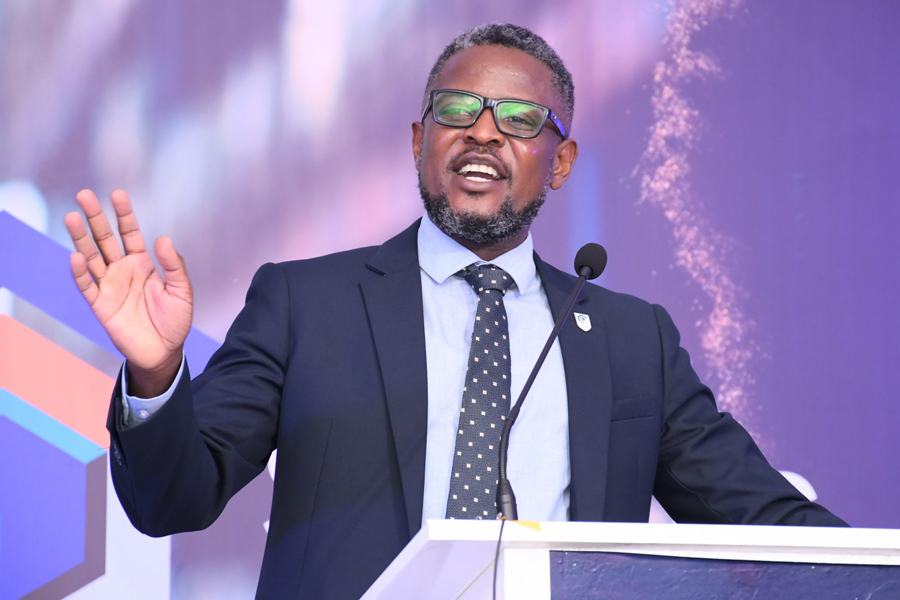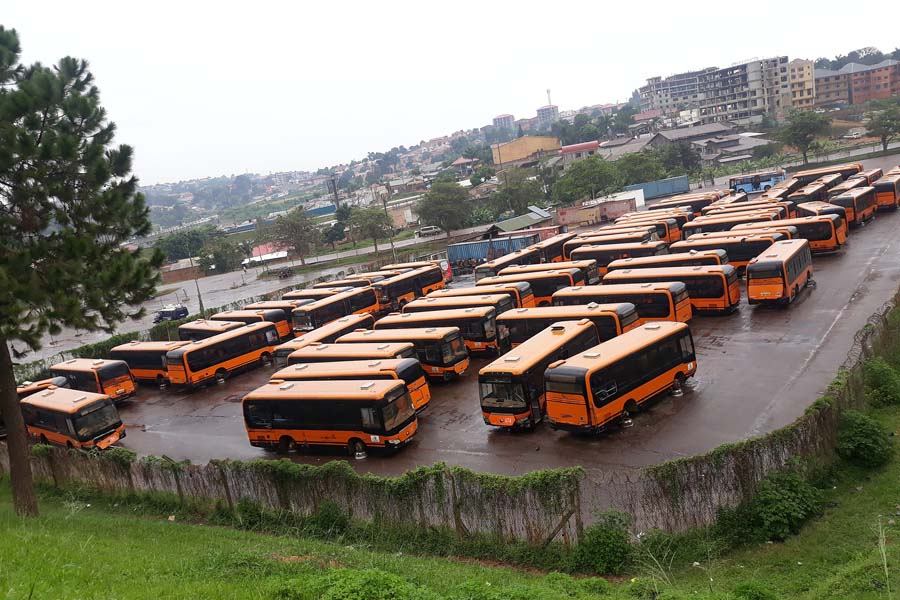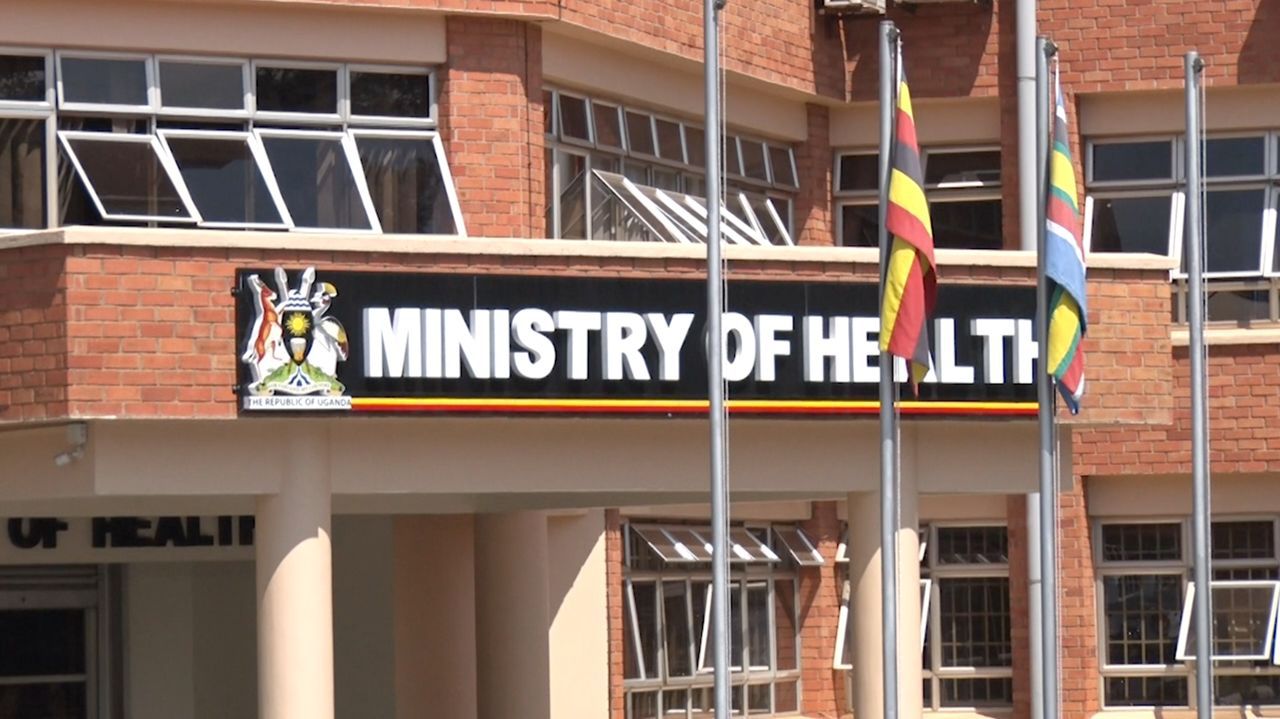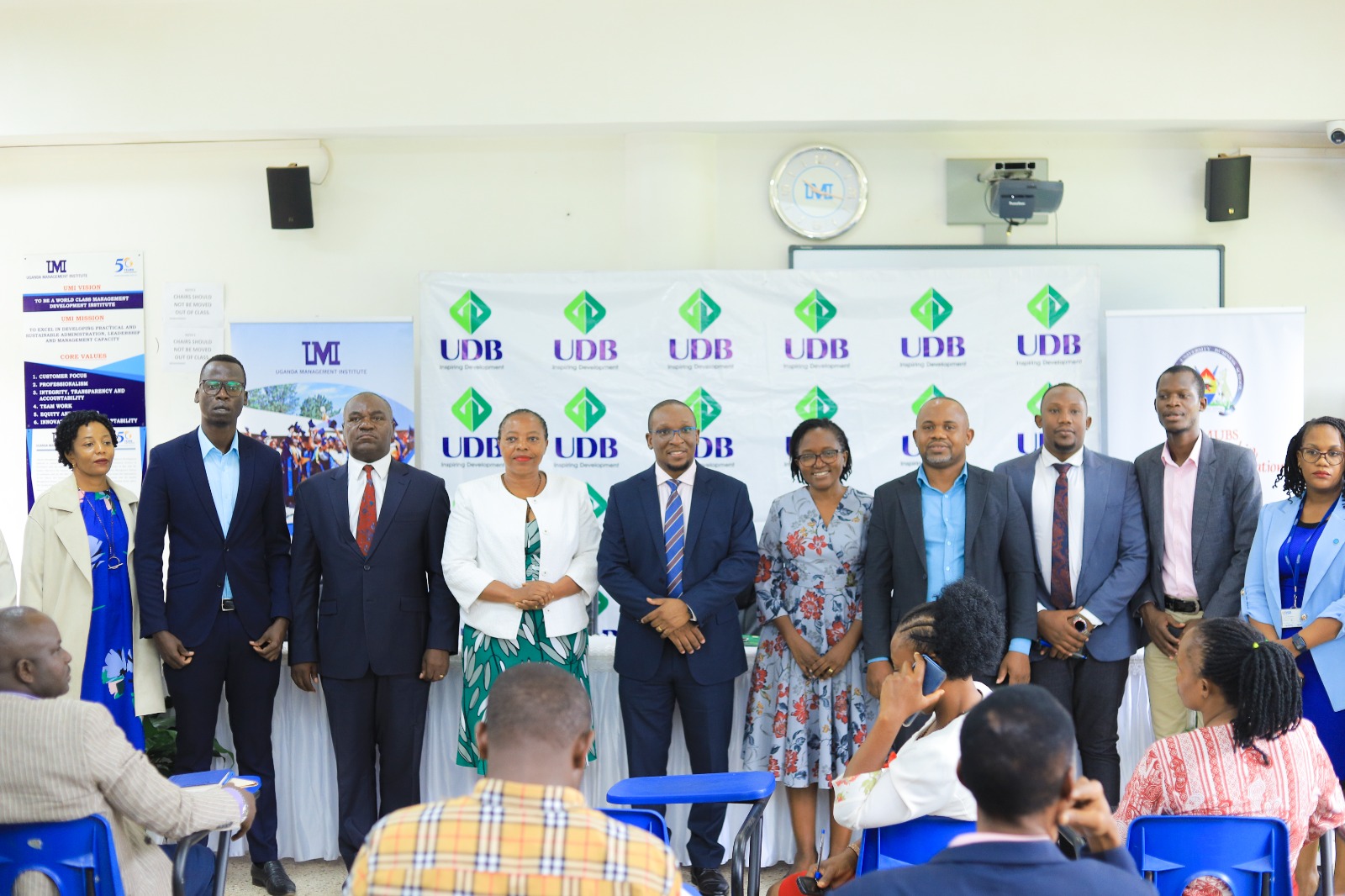The International Organization for Migration (IOM) and partners have formally launched a project to transform management of solar electronic waste in Bidibidi Refugee Settlement situated in Uganda’s northwestern region.
The project, “Greening Humanitarian Responses Through Recovery, Repair, And Recycling of Solar Products in Displacement Settings”, will give new life to disused solar lanterns and their batteries, whilst creating jobs, supporting livelihoods, and providing business opportunities for refugees and host communities.
Bidibidi Refugee Settlement is home to an estimated 270,000 refugees, most of whom have fled the violence and insecurity in South Sudan.
Ultimately, the project seeks to enhance environmental sustainability in the settlement by minimising improper disposal of solar products. It also aims to provide evidence to replicate in other settings and scale up beyond solar products and to other types of e-waste.
The partnership will sensitize communities on proper electronic waste disposal and provide solar repair services.
"The lessons from this pilot are going to influence future interventions that will focus more on the environmental sustainability of solar items," said Sanusi Tejan Savage, IOM Chief of Mission in Uganda.
Solar products and services have been/and are increasingly provided to refugees as part of efforts to supply them with clean energy through portable and low-cost solutions.
Electronic waste causes air and water pollution, environmental degradation through hazardous metals and other elements, as well as causing problems to human health, whilst missing untapped economic opportunities for effective management.
The establishment of collection and repair centres will not only ease access to repair services, but also create jobs.
Peter Batali, the CTEN Executive director, noted that many homes in Bidibidi rely on solar yet they don’t have repair services.
Instead, he said, some people resort to using some of the components like batteries to charge their phone batteries and others keep them under their beds which puts their health at risk because the products contain hazardous minerals like cobalt, lithium, and manganese.
He said an important aspect of the intervention will be to educate communities about the dangers of poor disposal of solar products.













